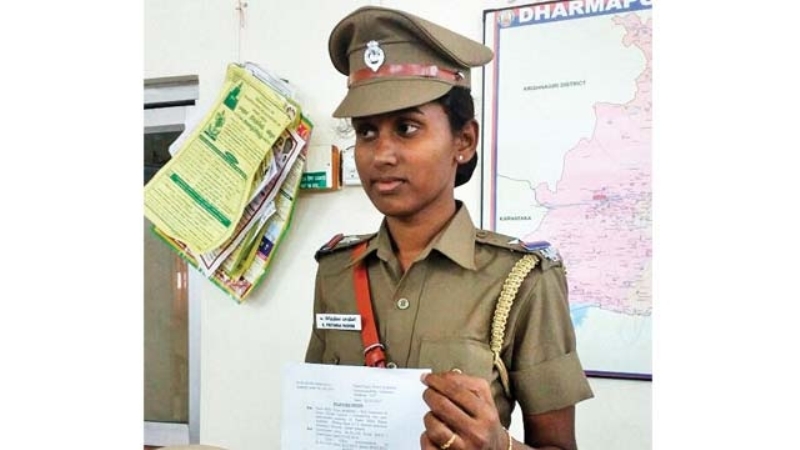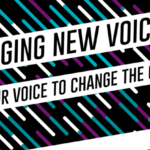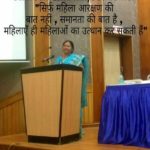On 3rd April 2017, Daily News and Analysis reported that India has its First Transgender Sub-Inspector, K. Prithika Yashini. The journey to become a police officer was a difficult one for the 26 year old. She faced her family’s caustic reaction to her identity and then she fought a system which was hostile towards permitting a transgender for the Right to Livelihood; the access and opportunity of which we all take for granted. Globally, there is a fight for ‘equal work- equal pay’ between men and women. It is in the face of this, that the LGBTQ have a two tiered struggle. The first struggle of the transgender is to clear the societal misunderstanding which perceives them as men. The second struggle is to be employed, let alone fighting for an equal pay.


Recently, Youth Ki Awaaz had published an article on the hurdles faced by the transgender who seek to be employed in the formal sector. They quoted a transgender Indira who was born as Inder. Indira reported to have faced stigma for her appearance and her co-workers refused to address her as Indira. She was forced to use men’s washroom in the office. The article also quoted Danish Sheikh, a legal consultant with the International Commission of Jurists who reported that most transpeople lack education and are subjected to discrimination and violence from their early years.
In the year 2013, the Ministry of Social Justice and Empowerment held a meeting with stakeholders like State Governments, academicians and the Transgender Community. The agenda was to ameliorate the living conditions of transpeople in the country. The meeting concluded with key recommendations that covered rectification of system failures, protection of transgender human rights in the country and procuring accurate database of information on the community to plan further interventions for them. The community has been in the underbelly of that society which pretended transpeople don’t exist by relegating to them sub-human treatment and robbing them off their dignity. This fact has reflected in the manner in which the government bodies are taking impatient gulps of seemingly large transformative decisions that attacks all directions at once instead of following a carefully planned single focused strategy. The need of the hour is to bring about sensitization of the society for complete acceptance of the trans-community. We need more Private Sector passion, creativity and resources that are employed to not only ensure maximum outreach to people but also effective campaigning against stigma and regressive mindsets in a country that is dangerously leaning to extreme Right-Wing fundamentalism.
K.Prithika Yashini’s enrollment in legal enforcement agency is not only a triumph against all odds but also a reckoner of our system failures that portray achievements inspite of it, and not because of it. We need to take a cue from Prithika and work on bringing into the society limelight more like her who deserve to choose a life for themselves in which they will be happy and will have the opportunity to live up to their optimum potential.
At Centre for Social Research, we have recently partnered with the It Gets Better Project, as It Gets Better India. We believe in adding to the LGBT movement and giving it a larger platform. We have a long history of networking with the Legislature, Legal and the Executive pillars of the country; since we have been strong advocates of policy reformations, sensitization and capacity building of those who are responsible for policy design and implementation. At the South Asian level, we have been key stakeholders in forming legislations for the countries of Nepal, Bangladesh, Sri Lanka, Pakistan, Bhutan and Afghanistan. Due to the aforementioned, we are in the position to lend a wider reach for the LGBT rights through our network and projects that have been refined over 32 years. Our organization shall be working towards the all-inclusive approach to not only sensitize the society on gender issues but also give a window to the LGBT community to articulate and understand their own lives against the socio-cultural ethos of the country.





